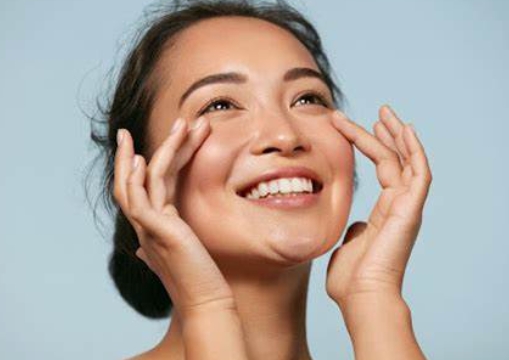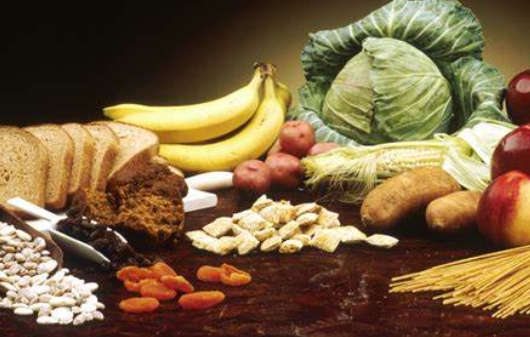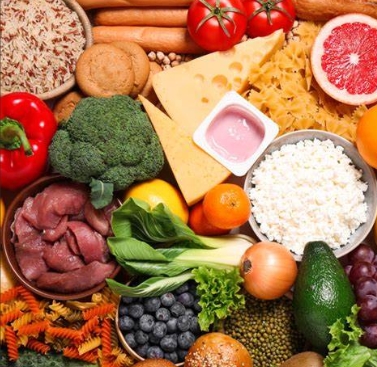Water is often considered the most important nutrient for overall health, yet it is frequently overlooked in daily routines. Proper hydration is crucial for maintaining many bodily functions, and its benefits extend far beyond quenching thirst. One area where hydration plays a significant role is skin health. Our skin is the body’s largest organ, and it relies on adequate water intake to maintain its elasticity, moisture, and ability to combat environmental damage. Understanding how hydration impacts skin health can help you achieve a glowing, youthful complexion and promote overall well-being.
Water is essential for keeping the skin hydrated and moisturized. When the body is dehydrated, the skin loses its ability to retain moisture, leading to dryness, flakiness, and a dull appearance. Dehydrated skin is also more prone to developing fine lines and wrinkles. By drinking enough water, you ensure that your skin receives the moisture it needs to stay plump, smooth, and radiant. Hydration helps to support the skin’s natural barrier function, preventing the loss of moisture and protecting it from environmental factors such as harsh weather, pollutants, and toxins.
In addition to improving skin hydration, water also supports the skin’s ability to flush out toxins and waste products. The kidneys play a major role in detoxifying the body, and proper hydration helps them function efficiently. When the body is adequately hydrated, toxins and impurities are more effectively filtered out through the kidneys and excreted in urine, reducing the burden on the skin. Dehydration, on the other hand, can result in the accumulation of waste products in the body, leading to skin conditions like acne, eczema, or psoriasis. By staying hydrated, you promote healthy skin from the inside out.
Water also helps to maintain the skin’s elasticity, which is important for preventing sagging and promoting a youthful appearance. As we age, the skin loses its ability to retain moisture and collagen production decreases. This can result in the skin becoming less firm and more prone to wrinkles and sagging. Adequate hydration helps maintain the skin’s elasticity by ensuring that the skin cells stay nourished and hydrated, allowing them to function optimally. Drinking water also supports collagen synthesis, which is key for maintaining skin firmness and reducing the appearance of wrinkles.
Beyond improving the appearance of your skin, proper hydration can also reduce the likelihood of certain skin conditions. Conditions such as acne, dermatitis, and psoriasis can worsen when the skin is dehydrated. Dry skin often leads to clogged pores, which can contribute to acne breakouts. Additionally, skin that lacks moisture is more likely to become irritated and inflamed, leading to flare-ups of conditions like eczema and psoriasis. By maintaining hydration, you help support your skin’s natural healing processes and reduce the risk of these conditions.
It’s also important to note that water plays a vital role in maintaining overall health, which indirectly impacts skin health. Staying hydrated helps regulate body temperature, support digestion, and boost energy levels. Hydration also improves circulation, ensuring that nutrients are delivered efficiently to the skin and other organs. A well-hydrated body is better equipped to fight off infections, combat fatigue, and promote general well-being. All of these factors contribute to healthy, glowing skin.
While drinking water is the most effective way to stay hydrated, other beverages and foods can also contribute to your daily fluid intake. Herbal teas, coconut water, and water-rich fruits and vegetables like cucumbers, watermelon, and oranges can all help you meet your hydration needs. However, it’s important to avoid excessive consumption of caffeinated or alcoholic beverages, as they can lead to dehydration. Caffeine and alcohol have diuretic properties, which increase urination and can cause the body to lose more fluids than it takes in.
The recommended daily water intake varies depending on factors such as age, activity level, and climate. A general guideline is to aim for at least eight 8-ounce glasses of water per day, also known as the “8×8” rule. However, some individuals may require more water, especially if they engage in intense physical activity or live in hot climates. It’s important to listen to your body and drink water when you’re thirsty. If you’re unsure about how much water you need, consult with a healthcare professional for personalized recommendations.
In conclusion, proper hydration is essential for maintaining healthy, youthful skin and promoting overall well-being. Water helps to keep the skin moisturized, flush out toxins, improve elasticity, and reduce the risk of skin conditions. By prioritizing hydration in your daily routine, you can support your skin’s natural processes and achieve a radiant, glowing complexion. Remember that hydration is not just about drinking water; it’s about nourishing your skin from the inside out with the right balance of fluids and nutrients.





